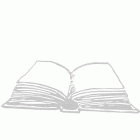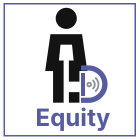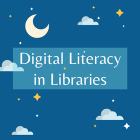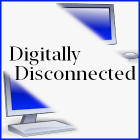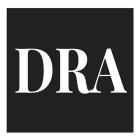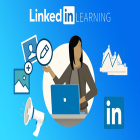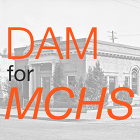
Digital Artifact Management for the Mason County Historical Society
Though the value of collection digitization was well understood, the Mason County Historical Society, like many rural cultural institutions, lacked the funds, support, and knowledge to properly create, tag, and manage their digitized holdings. This project proposes an intuitive workflow for attaching metadata that will follow the artifact through its physical and digital lifecycle. New workflows allow the current MCHS team to tag their digitized artifacts with metadata sans programming knowledge, leading to enhanced accessibility and community engagement.

